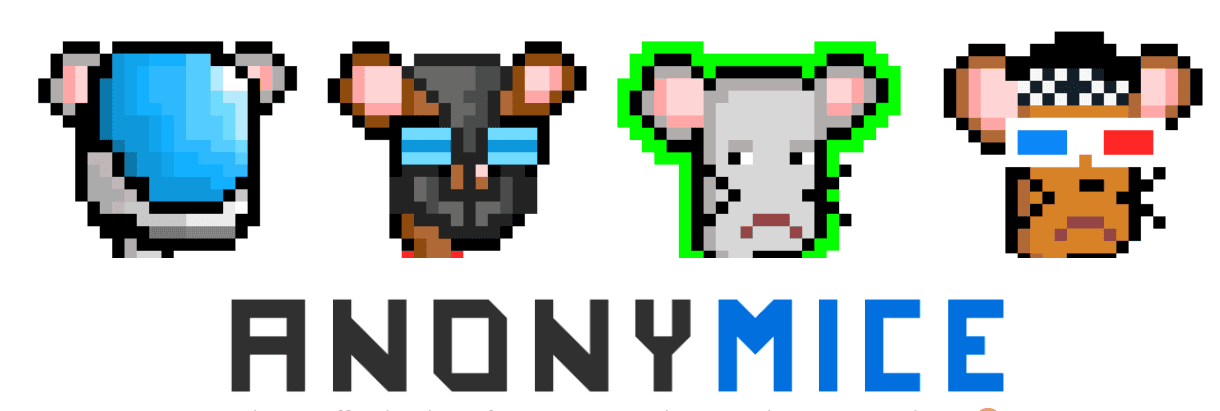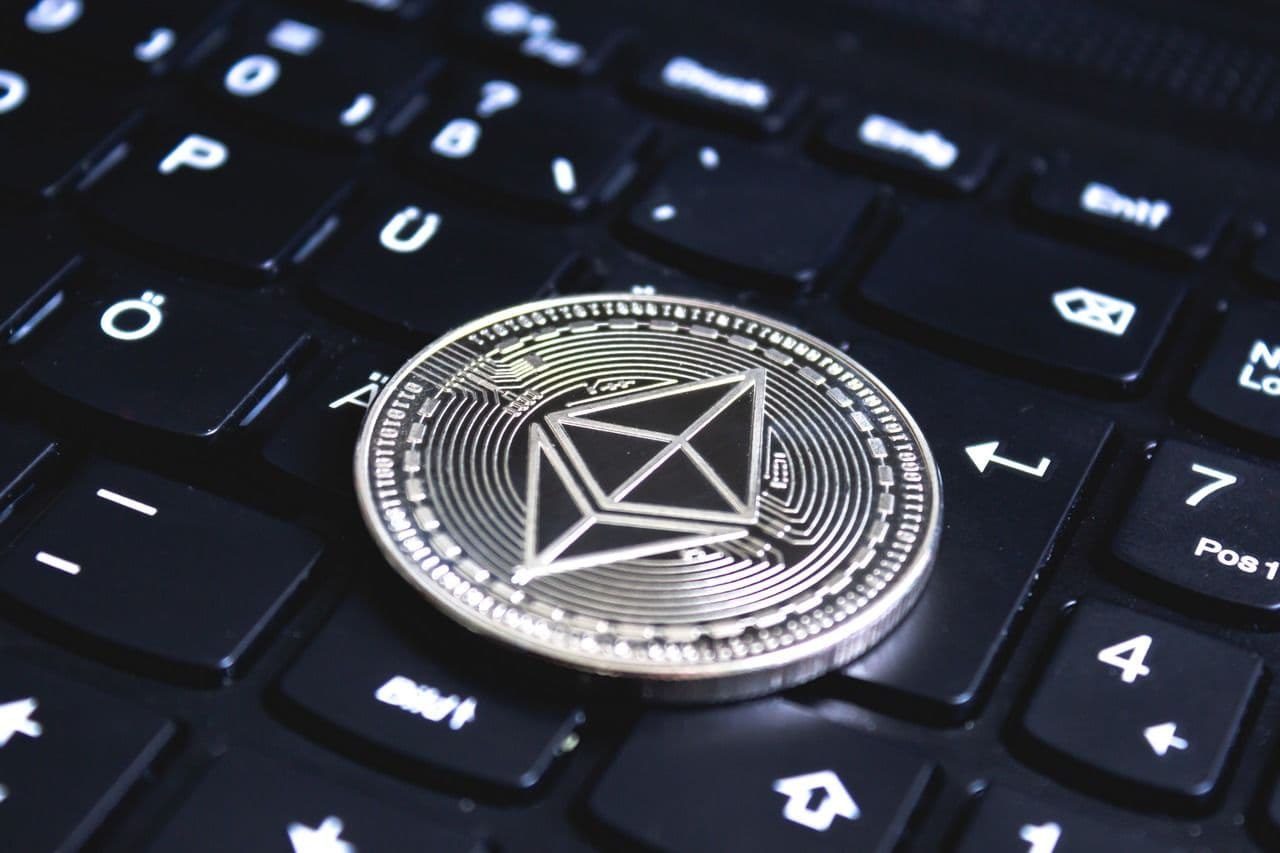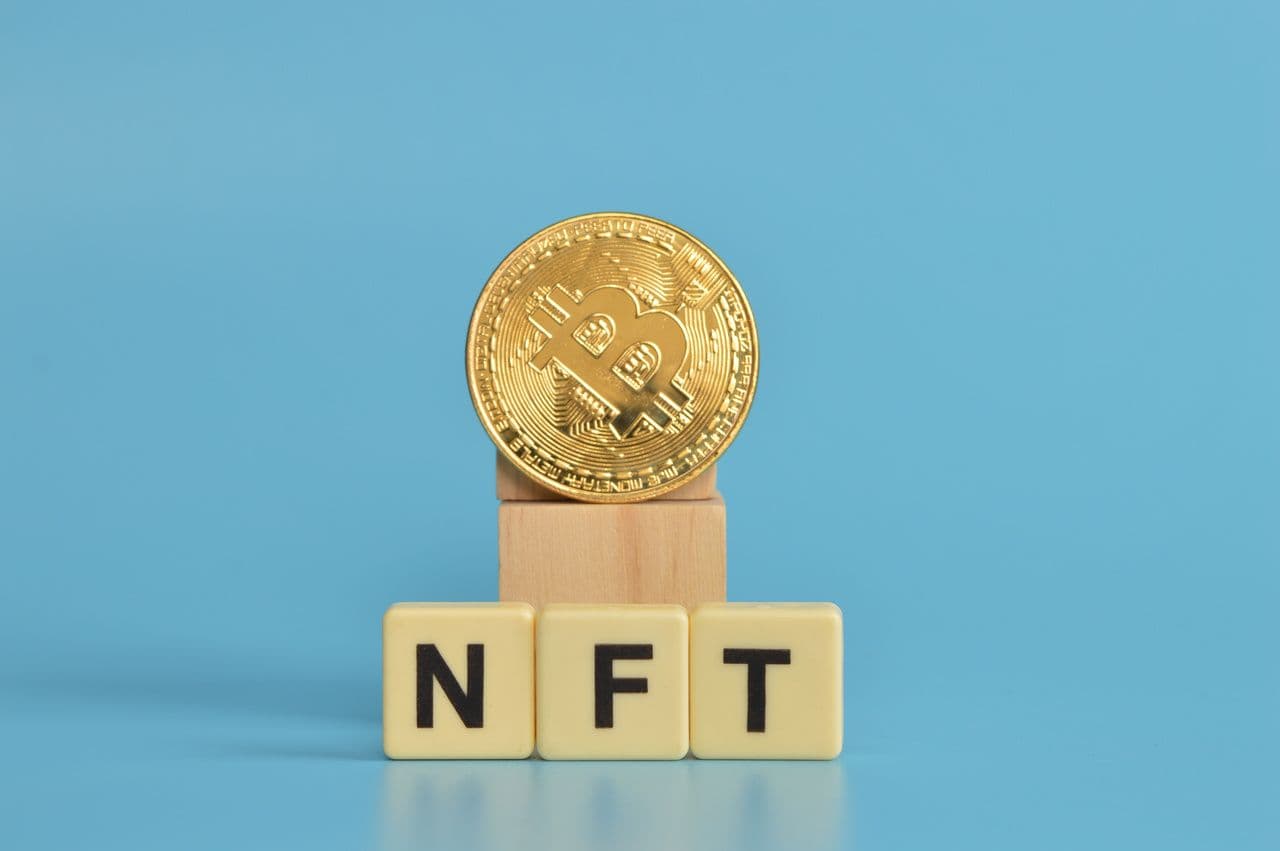The Rollercoaster Journey of Yuga Labs: A Deep Dive into the APE Crash and its Aftermath
The Bored Ape Yacht Club (BAYC), created by Yuga Labs, was launched on the Ethereum blockchain in April 2021.

The APE crash stemmed from a large-scale NFT sale initiated by Yuga Labs, creators of the Bored Ape Yacht Club NFT collection. In an event dubbed the “largest non-fungible token sale in Ethereum history,” the company launched a virtual land sale for Otherside, which saw a massive influx of activity, netting over $400 million in sales. This resulted in an unprecedented surge in Ethereum gas fees, causing the network to become virtually unusable for several hours. Let’s take a look at the Yuga Labs and the APE crash in more detail.
The spike in gas prices, akin to real-world fuel price surges, sparked a debate over the true cause of the problem. Some pointed fingers at Ethereum’s limitations, while others held Yuga Labs responsible, accusing it of poor planning or intentional manipulation. Gas fees on Ethereum increase with higher network activity, and the sheer demand for Otherside saw these fees skyrocket to historic highs.
In response to the incident, Yuga Labs pointed to Ethereum’s low network capacity as the primary bottleneck for the project, indicating that their own blockchain would be required for proper scalability in the future. Critics, however, argued that Yuga Labs could have programmed Otherside’s smart contracts to consume less gas, thus mitigating the network congestion. There were also accusations of inadequate precautions against such network clogging.
Despite attempts to curb gas wars by restricting minting abilities and limiting the number of NFTs per preapproved wallet, Yuga Labs also increased congestion by forgoing its typical Dutch auction format at the last minute. This last-minute decision further contributed to the congestion and network disruption.
Post-crash Developments and SEC Investigation
After the crash, Yuga Labs released an update regarding the StarMap, a part of the Otherside experience. They announced the formation of alliances with various Yuga Labs and third-party PFP collections to bring reinforcements into the epic battle of Legends of the Mara, which is a part of the Otherside experience.
However, as the dust settled from the crash, a new storm was brewing. ApeCoin, a token linked to the Bored Ape ecosystem, saw a sharp price drop following reports of an SEC investigation into Yuga Labs over possible securities violations. The probe reportedly covers both the sale of Bored Ape Yacht Club NFTs and the distribution of ApeCoin. The Ape Foundation, stewarded by a board of prominent Web3 builders, maintains the Ethereum-based token. It is designed to be used across the growing Bored Ape ecosystem and also serves as a governance token.
The Latest Twist: A Legal Battle
Most recently, Yuga Labs had filed a lawsuit against Ryder Ripps, an NFT critic who created his own collection of Bored Ape clones. Accusing Ripps of copyright infringement and intentional undermining of their intellectual property, Yuga Labs is seeking legal recourse. Ripps reportedly made nearly $3.5 million from his collection before it was taken down by OpenSea, a prominent NFT marketplace. The outcome of this lawsuit could potentially set a significant precedent for issues related to NFTs.
Now, the creator of Bored Ape Yacht Club triumphs in a legal battle against imitative NFT collection.
Bored Ape Yacht Club: A Pioneering NFT Collection
The Bored Ape Yacht Club (BAYC), created by Yuga Labs, was launched on the Ethereum blockchain in April 2021. The collection consists of 10,000 unique digital apes, each serving as a membership card, granting the holder access to both online and physical events, as well as granting intellectual and derivative usage rights.
In a first for the NFT world, BAYC launched “The Bored Ape Yacht Club Comic” making it the first NFT-based comic book. The club has also launched a line of merchandise and made agreements with real-world brands, significantly expanding its reach.
ApeCoin: The Cryptocurrency of the Bored Ape Ecosystem
In March 2023, Yuga Labs launched ApeCoin (APE), an Ethereum-based token, which is designed to be used throughout the growing Bored Ape ecosystem of apps and marketplaces.
The Ape Foundation, a board made up of prominent Web3 builders including Reddit co-founder Alexis Ohanian, is said to be the steward of ApeCoin. ApeCoin also acts as a governance token that can be used by holders to vote on proposals that impact the APE protocol.
Otherside: The Virtual Land Sale that Shook Ethereum
Yuga Labs’ Otherside NFT launch, touted as possibly the largest non-fungible token sale in Ethereum history netted over $400 million in sales and generated an unprecedented $100 million in Ethereum gas fees in just under an hour. This caused a surge in Ethereum gas prices, rendering the network virtually unusable for several hours and leading to a considerable amount of failed transactions.
Yuga Labs’ handling of the event attracted criticism. Critics claim that the smart contracts for the sale could have been optimized to use less gas and that Yuga Labs did not adopt enough safeguards to prevent the sale from clogging up the network.
The SEC Investigation: A Dark Cloud Over Yuga Labs
Recently, a report emerged claiming that the Securities and Exchange Commission (SEC) is investigating Yuga Labs over potential securities violations related to the sale of Bored Ape Yacht Club NFTs and the distribution of ApeCoin. As a result, the price of ApeCoin fell sharply. However, Yuga Labs has not yet been accused of any wrongdoing and may not ultimately be charged as part of the probe.
The Rise and Fall of Bored Ape Yacht Club (BAYC): An Analysis
The Birth of the Apes
The Bored Ape Yacht Club was launched on April 30, 2021, with 10,000 NFTs minted for 0.08 ETH per NFT. The NFTs quickly gained popularity, with the price reaching an all-time high of 60 ETH within the same year. The creators of BAYC also introduced a spin-off collection, the Mutant Apes, further expanding their NFT universe.
The Historical Jump in Q1 2022
The first quarter of 2022 saw a significant increase in the floor price (FP) of BAYC, peaking at 119 ETH in February. This was partly due to Yuga Labs, the creators of BAYC, acquiring CryptoPunks and Meebits, two other popular NFT collections. However, the FP dipped below 70 ETH in March as overall NFT sales declined, before rebounding to 110 ETH by the end of the quarter.
The Terra Crash in Q2 2022
The second quarter of 2022 was marked by the launch of Otherside, which led to a surge in the FP to 155 ETH. However, the Terra collapse, which wiped out almost half a trillion USD from the cryptocurrency markets, caused the FP to fall back to 70 ETH. Despite this, the quarter ended on a high note with the successful hosting of Apefest 2022.
Post-market Crash and FTX Collapse in Q3 and Q4 2022
The third quarter saw a steady increase in the FP to around 100 ETH, despite the NFT market still struggling from the effects of the Terra collapse. The fourth quarter, however, was marked by the FTX collapse, which caused a severe crash in the entire NFT and crypto market. This led to Yuga Labs being taken to court and the FP of BAYC dipping to less than $100K for the first time since 2021. Despite these challenges, the FP managed to recover to 69 ETH by the end of the year.
BAYC’s Current State in 2023
In 2023, the co-founder of Yuga Labs stepped down, and the release of Dookey Dash, a new game, pushed the FP up by 12 ETH. However, the FP of BAYC is currently at 50.8 ETH, its lowest in the last two years.
Yuga Labs Apologizes for Ethereum Overload During Virtual Land Sale
Yuga Labs recently apologized for causing a temporary overload on the Ethereum blockchain due to a high-demand sale of virtual land for their upcoming multiplayer game, Otherside. The sale involved 55,000 plots of land, each priced at 305 ApeCoin (equivalent to around £4,500).
The rush to secure these plots led to a surge in Ethereum transaction fees, with some users paying more than £2,500 in fees alone for a single NFT purchase. Despite the high fees, the tokens quickly appreciated, with plots initially sold for £4,500 and reselling for over £9,000.
However, the congestion also led to significant losses for some users conducting other cryptocurrency transactions at the same time. The incident raised questions about the scalability of the cryptocurrency sector, especially in handling high-demand events.
Conclusion
Yuga Labs’ journey exemplifies the explosive growth, potential pitfalls, and uncertainties of the rapidly evolving NFT and cryptocurrency spaces. As the story continues to unfold, the outcome of the SEC investigation and legal battle could have far-reaching implications for the NFT industry.





























